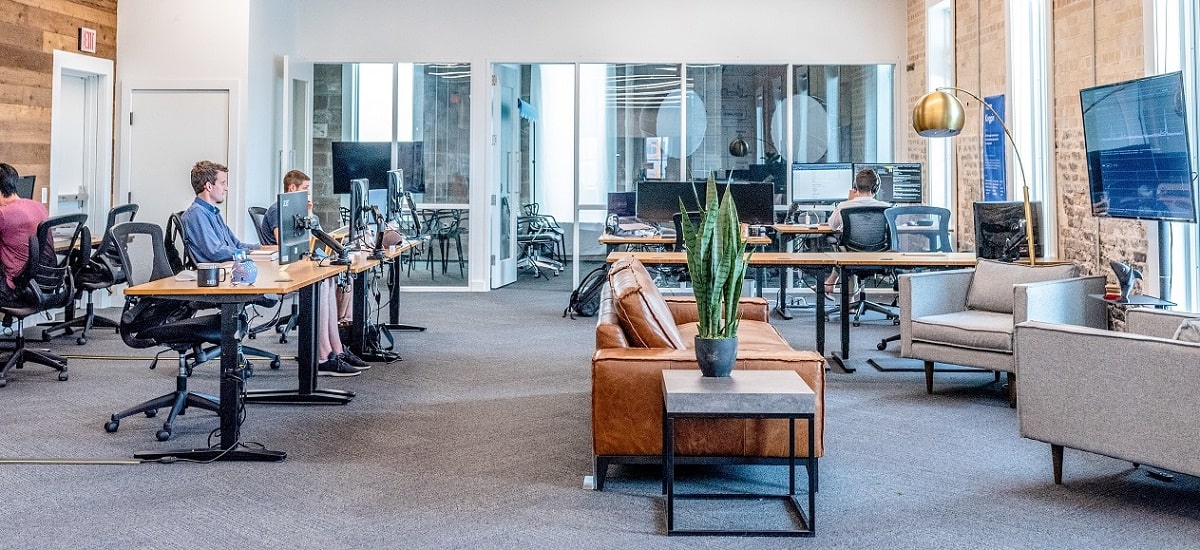
The reality is your office neighbors have almost the same impact as the next-store neighbors of your house or apartment. If you are miserable in your office because your office neighbors are too loud, it’s going to be much harder to want to be in your office and get work done. If you are looking for a quiet, peaceful, and professional setting with neighbors who are the same, vice versa. You have to find office neighbors that share the same values as you.
Here Are Two Recommendations to Consider When Evaluating an Office Building:
1.Evaluate the Existing Tenants
Take a look at the directory to evaluate what kind of industries of the neighboring Tenants. Are any of the Tenants in the building competing in your industry? Would any of the Tenants be good neighbors to have to refer business back and forth? Check out the parking lot to determine based on the building occupancy, if there is plenty of parking available for the available office space. Some could be over-parking and negatively impact your companies’ experience.
2. Are Tenants Considerate in Common Areas
Cleaning after yourself when using the Tenant’s common areas including lounge, conference room and bathroom is a common courtesy and is important to consider when you share common spaces with others. Although majority of office buildings have janitorial services 3-5 times a week, janitorial services typically come in the evening.
A few others include:
- Utilizing the smoking areas.
- Proper hygiene.
- Having professional behavior is a key component in Tenant common areas. Improper discussions, practical jokes and so on will soon make the workplace unpleasant.
Both of these impact the type of experience your team has in the office building and thus playing a role in their experience at the workplace while your company calls that building home for the next 5+ years.




